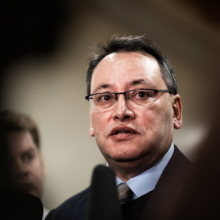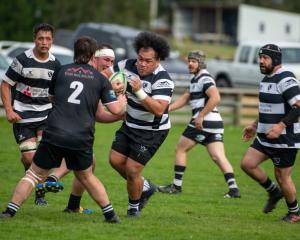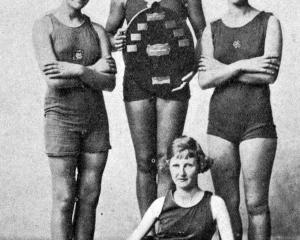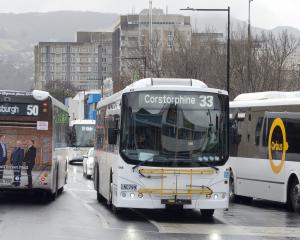
Chief executive Peter Dickens said it had been "incredibly difficult" for men in the South to access a PET-CT scan due to a lack of funding and availability.
Yesterday’s announcement by Health Minister Shane Reti of a funding boost worth about $3 million to end regional access barriers could largely fix the problem, he said.
"We’re very, very excited about the announcement and very hopeful that’s going to make a real difference to men in the South who are experiencing prostate cancer."
The foundation had been seeking improved access for a long time, as New Zealand had been trailing behind Australia in terms of what was publicly available for too long, and within the country those in the North Island were much more likely to have a funded scan.
PSMA PET-CT scans were essential for men who needed to decide on the best treatment pathway, he said.
It could make the difference between a longer life or a shorter life, as well as the quality of that life.
The funding change is set to be implemented by the middle of the month , and the foundation is waiting to see how it would be rolled out.
The Cancer Society also welcomed the announcement, noting New Zealand had some of the most limited access to modern imaging in the developed world.
Head of cancer services Craig Watson said the society was thrilled PET-CT scans would be easier to access, as they could more accurately diagnose someone’s cancer as well as redefine their ideal treatment options.
"While we would always advocate for a greater number of scans — and loosening of stringent criteria — this is a fantastic step in the right direction."
Currently, Southern patients had to travel to Christchurch for a PET-CT scan, but with Pacific Radiology intending to provide a scanner as part of its Dunedin development expected to open in 2025, Mr Watson said the need to travel would become less frequent.
All such scanners are owned by the private sector in New Zealand.
The country’s first public scanner was cut from the new Dunedin hospital design in December 2022, although last year National promised to reinstate it if elected as part of a $30m funding pledge towards the project.
However, the government has so far refused to confirm the boost will go ahead.
Official Information Act data provided to the Otago Daily Times last September stated about 93% of scans for South Island patients took place in Christchurch, at a typical procedure cost of $2416.
That same month a Dunedin resident who travelled to Christchurch and paid $3850 for a PSMA PET-CT scan spoke out to raise awareness of the disparity, as in the Northern and Central health regions the scans were usually publicly funded.
Announcing the change yesterday, Dr Reti said New Zealanders would now have the same access to the scans no matter where they lived.
Te Whatu Ora Health New Zealand (HNZ) had approved a national set of criteria that would allow for about 1000 more PET-CT scans a year to be publicly funded.
"It’s a great step forward in making sure all New Zealanders have the same access to diagnostic technology to help clinicians determine the best treatment options.
"For example, before this nationally applied criteria was developed, men in the South Island had to pay for prostate PET-CT scans that men in most of the North Island didn’t pay for.
"This removes variation, like this, that previously existed."
HNZ Southern did not respond to ODT questioning by deadline yesterday.












